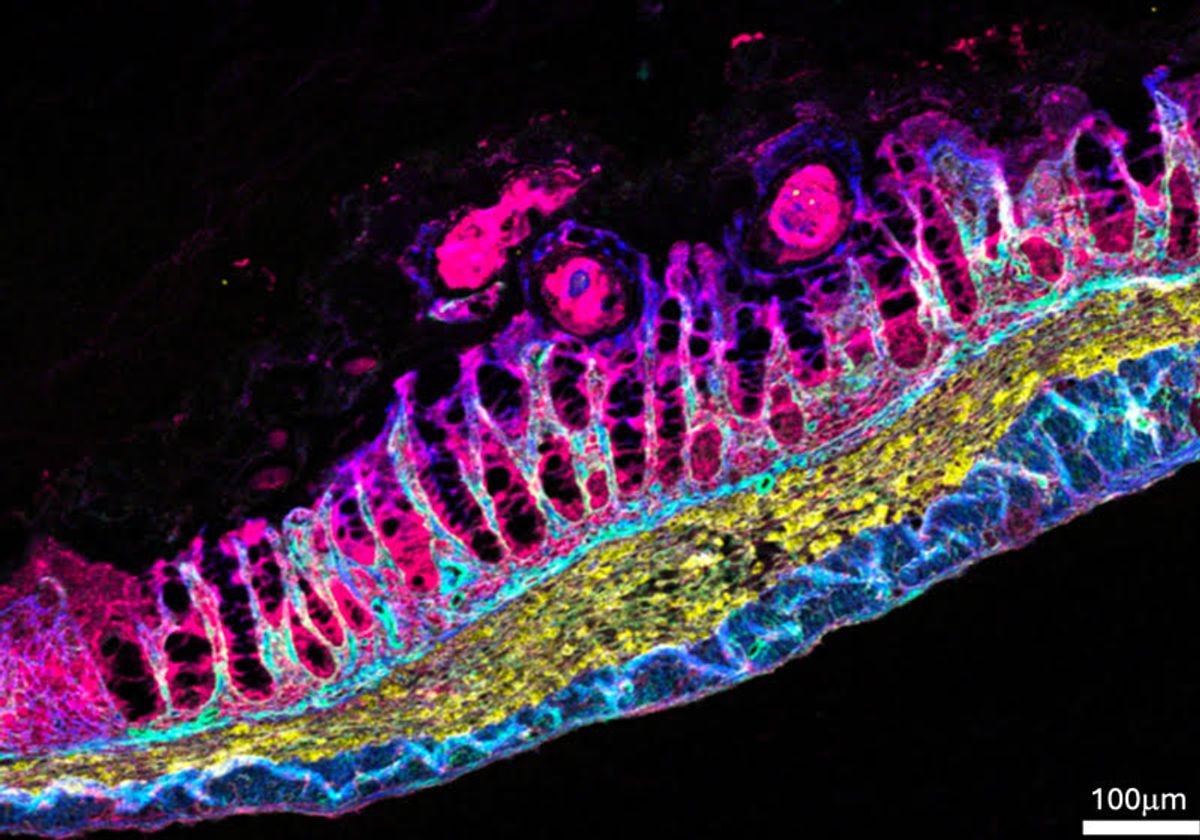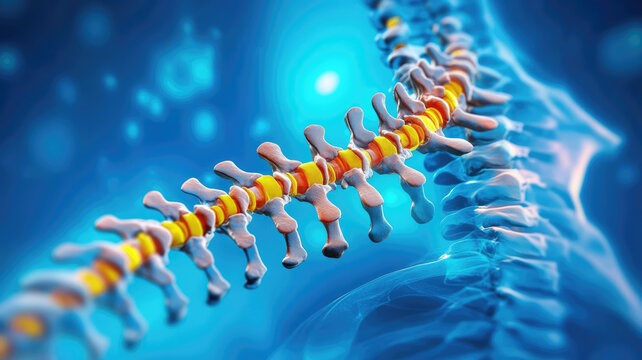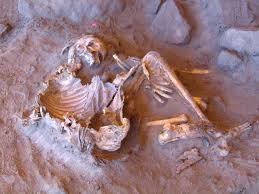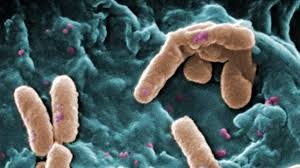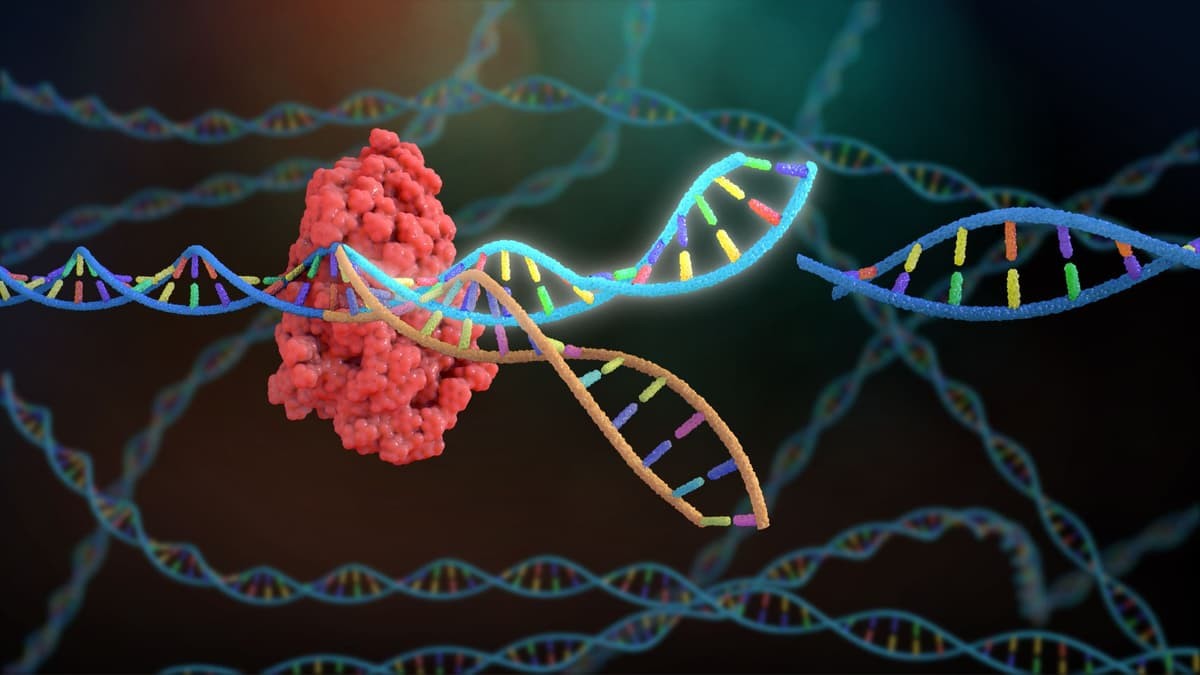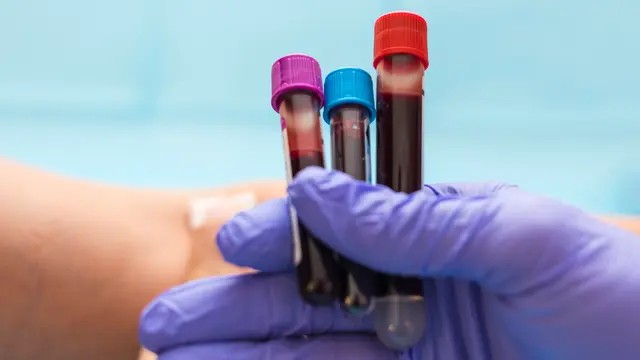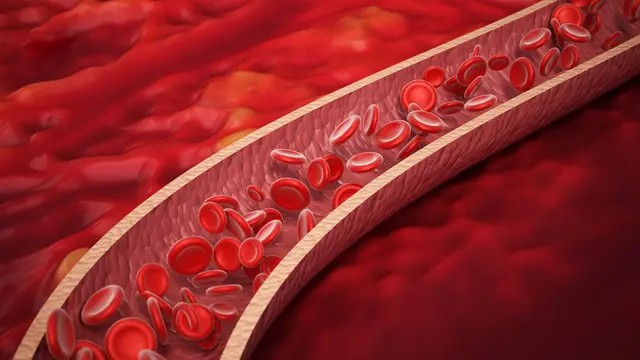Regulating Cell Death May Help Humans Survive in Space and Slow Aging, Study Suggests
A form of cell death once dismissed as mere biological waste could be the key to slowing aging, treating chronic diseases, and enabling human survival in deep space.
Researchers from University College London (UCL), biotech company LinkGevity, and the European Space Agency (ESA) suggest that necrosis—a disorderly, unprogrammed form of cell death—should be reconsidered not as a final stage, but as a crucial driver of tissue damage and overall physiological decline.
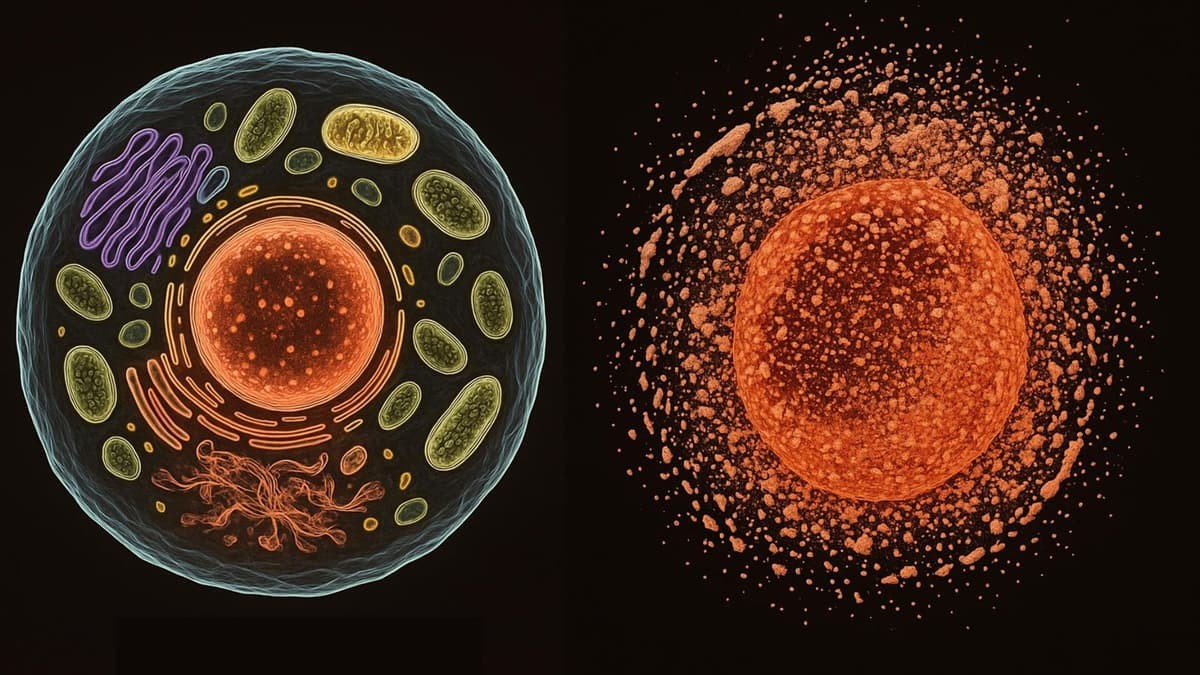
Figure 1.Illustration of a healthy cell.
A form of cell death once dismissed as biological waste may hold the key to slowing aging, combating chronic illness, and enabling long-term human survival in space. Figure 1 shows Illustration of a healthy cell.
In a new study, scientists from University College London (UCL), biotech firm LinkGevity, and the European Space Agency (ESA) argue that necrosis—a chaotic, unregulated type of cell death—should be seen not as a dead end, but as a major driver of tissue damage and systemic decline.
“Nobody really likes talking about death, even when it comes to cells,” said Dr. Keith Siew, a co-author of the study. “That may be why the physiology of death is still poorly understood. And in a way, necrosis is death—when enough cells die, tissues die, and then we die. So, the real question becomes: what happens if we could pause or stop necrosis?”
Dr. Carina Kern, the study’s lead author, adds: “Necrosis is one of the last frontiers in medicine—a common thread running through aging, disease, space biology, and the advancement of science itself.”
The Hidden Threat of Necrosis
Necrosis occurs when cells are overwhelmed by stress, injury, or infection. A surge of calcium disrupts vital processes, leading the cell to rupture and spill toxic substances into surrounding tissues. This, in turn, sparks inflammation and accelerates damage.
Unlike programmed cell death, which follows an orderly dismantling, necrosis is chaotic and contagious. A single dying cell can trigger a destructive chain reaction in neighboring cells, amplifying damage across entire tissues. Scientists believe this mechanism may explain why chronic illnesses like Alzheimer’s, cardiovascular disease, and kidney failure worsen with age.“When cells die, it’s not always peaceful for the neighbors,” noted Dr. Siew.
“Necrosis has been hiding in plain sight,” said Dr. Kern. “It’s been viewed as just the end of a dying cell’s life, but mounting evidence shows it’s actually a key process through which degeneration begins and spreads. That makes it a powerful target across multiple diseases.”
She added that targeting necrosis could unlock entirely new therapeutic paths for treating conditions ranging from kidney disease to heart failure, neurodegeneration, and even aging itself.
“In many age-related conditions—across organs like the lungs, liver, kidneys, brain, and heart—waves of necrosis fuel ongoing tissue damage,” Dr. Kern explained. “This is often coupled with impaired healing, leading to fibrosis, inflammation, and dysfunctional cells [1]. Each wave of necrosis sets off another, in a relentless cycle.”
A Challenge for Space Exploration
Necrosis could also present a major obstacle to human deep-space travel. Astronauts experience accelerated aging due to exposure to cosmic radiation and microgravity. A 2024 study involving Dr. Siew found that kidney function deteriorates rapidly in low-gravity environments, raising concerns about long-term organ failure during extended missions.
“Targeting necrosis could not only extend human lifespan on Earth, but also unlock deeper space exploration,” said Professor Damian Bailey. “The same mechanisms that drive aging on Earth are worsened in space, where radiation and microgravity dramatically speed up degeneration.”
“If we could prevent necrosis—even temporarily—we could stop these destructive cycles at their source. That would allow normal cell function and healing to resume, and perhaps even open the door to true regeneration.”
References
- https://interestingengineering.com/science/halting-cell-death-human-aging-space-travel
Cite this article:
Keerthana S (2025), Regulating Cell Death May Help Humans Survive in Space and Slow Aging, Study Suggests, AnaTechMaz, pp. 414.


